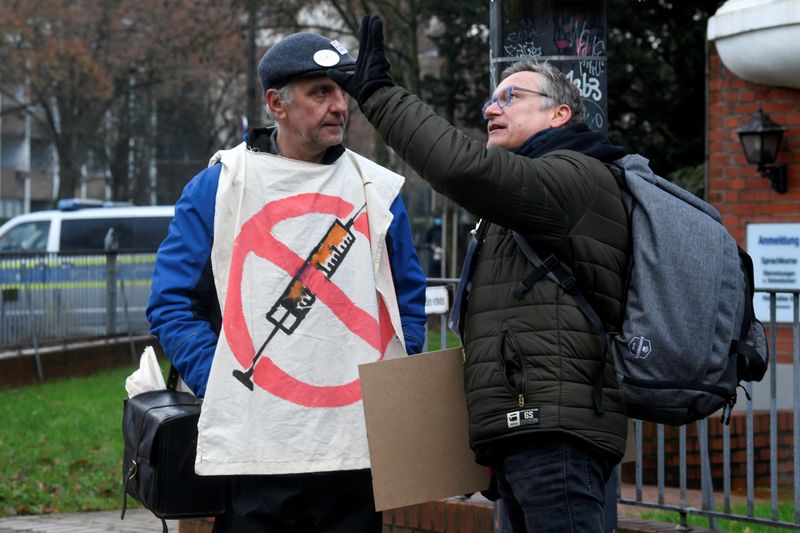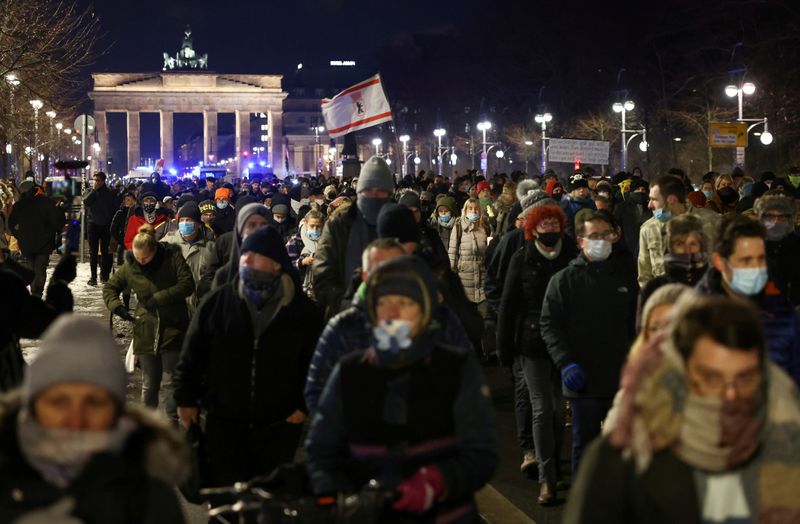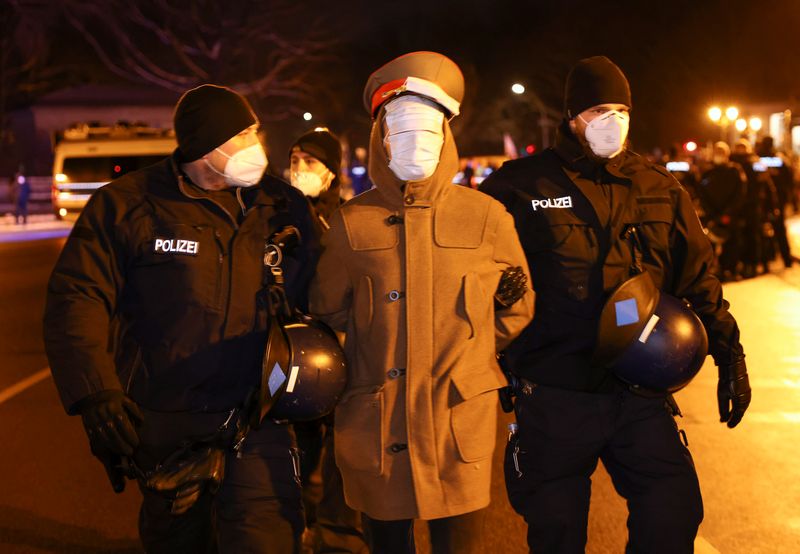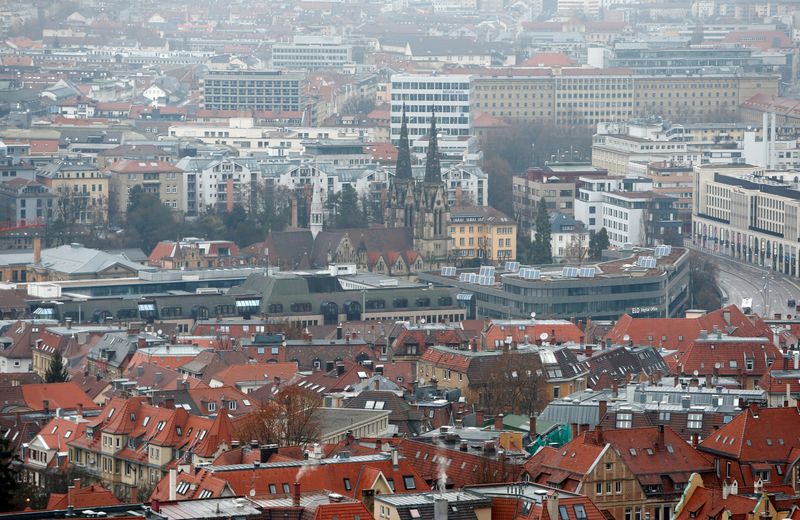(This Feb 9 story corrects to read kindergartens not schools in paragraph 3 and early 20th century not 19th century in paragraph 15)
STUTTGART, Germany (Reuters) – Christoph Hueck illustrates the challenge Germany faces in rolling out a mass vaccination campaign to tackle the coronavirus pandemic. A scientist living in a wealthy, high-tech region, he does not plan to have any of the shots on offer.
“I will not get vaccinated,” Hueck, a molecular geneticist who authored a string of immunology papers before changing careers, told Reuters with a smile.
Now 59, he trains teachers for Waldorf kindergartens inspired by esoteric thinker Rudolf Steiner, which began in Stuttgart. He has also addressed several anti-lockdown and anti-vaccination protests, although he does not reject vaccines altogether.
“I am convinced that should I get infected anywhere, I will weather the illness,” he said of COVID-19. “I am not vaccinated against other diseases either, except when I travel to the tropics where it’s mandatory.”
Almost a third of Germans, 31%, said in a December poll they would not take a coronavirus vaccine, a number that rises to almost half in neighbouring France.
Many worry about side effects, fears that experts say are overblown and far outweighed by the risks of catching the virus. Concern not to stoke such fears has made Europe very cautious in giving permission for the new vaccines to be deployed.
German Chancellor Angela Merkel worries that vaccine scepticism could block the path out of a pandemic that has killed hundreds of thousands of people across the continent, devastated economies and confined millions to their homes.
“If more than 40% or 50% of people refuse a coronavirus vaccine then we’ll be wearing masks for a very long time,” she told German lawmakers in a debate last year, referring to the very high levels of take-up needed to stop the virus spreading.
Baden-Wuerttemberg, home to both successful companies like Mercedes-maker Daimler and a thriving culture of new age thinking, has long been wary of vaccines and its capital Stuttgart is the anti-vaxx movement’s ground zero.
According to the Robert Koch Institute for Infectious Diseases, rates of vaccinations for common diseases in the state are among the lowest in Germany.
Polling by Erfurt University shows the state has some of the lowest levels of trust in vaccines in general, and some of the lowest levels of willingness to take a COVID vaccine.
Much of the explanation for that lies in a long tradition of individualism and regional pride, says Michael Blume, an academic who has done extensive research on esoteric movements.
Even in the 19th century, when southern Germany was nominally independent from the newly-created German monarchy, vaccination was unpopular there, since it was seen as an imposition by triumphant Prussians from their capital in Berlin.
“LIVE AS WE WANT TO”
Baden-Wuerttemberg, a state of 11 million famous for its medieval towns, rugged mountain landscapes and the misty Black Forest, has nurtured countless alternative movements.
These range from the Waldorf school movement in the early 20th century, to the world’s first Green party in the 1970s and the virulently anti-vaccine “Querdenker” – Unconventional Thinker – movement, which has organised large anti-lockdown rallies.
There are now several thousand Waldorf-Steiner schools around the world and, according to polls, the Greens are the second-largest party in Germany.
Likewise the Querdenker movement has spread nationwide from its roots in Stuttgart, where it was founded by Michael Ballweg, a software developer previously best known for developing mobile apps for tracking his children.
The anti-lockdown rallies it organises attract a wide range of protesters, including people from the far-right or arch-libertarians keen to impose their opinions on others. They have also featured speakers like Hueck, whose views are more nuanced.
At a Frankfurt Querdenker rally in September, he admonished fellow speakers for demanding journalists reporting on the event remove their masks.
“If we could just agree that those who are scared of the virus, those who are endangered – these people should be able to wear masks, go into quarantine, socially distance, get vaccinated,” he said, according to footage on YouTube.
“And then all the rest of us can live as we want to. We should be tolerant just as we demand tolerance from others.”
The idea of shielding and vaccinating the vulnerable and letting the virus run its course among the rest of the population as countries do with ‘flu is not confined to Germany.
Scientists point out COVID-19 causes far more deaths and serious illness and governments say hospitals could not cope.
Within Germany, vaccine scepticism has even spread into parts of the east, where vaccination levels are far higher due to obligatory vaccination under Communism.
A December poll for public television found majorities in three East German states would oppose rapid vaccination against the coronavirus and even after a long-term safety study, the take-up would only be 40%.
(Reporting by Thomas Escritt in Berlin and Reuters TV in Stuttgart; editing by Douglas Busvine and Philipppa Fletcher)





























